How Stefan Mandel was able to win the lottery 14 times and become a millionaire
Categories: Economy | Europe | Science
By Pictolic https://pictolic.com/article/how-stefan-mandel-was-able-to-win-the-lottery-14-times-and-become-a-millionaire.htmlWinning big in the lottery is the dream of millions of people around the world. It’s just that you can devote your whole life to flirting with fortune, but still not receive the treasured wealth. However, there are also those who have won the lottery several times. Incredible luck? Not always. Romanian Stefan Mandel was able to break the system with the help of the “queen of sciences” mathematics.

This story began in the 1960s. At that time, Romania was going through difficult times, and many of its citizens were in poverty. Among them was the young economist Stefan Mandel. His salary was 360 lei, or approximately 10 dollars. Of course, Stefan, like any young man, wanted to live a rich life, dress well, eat deliciously and relax beautifully.
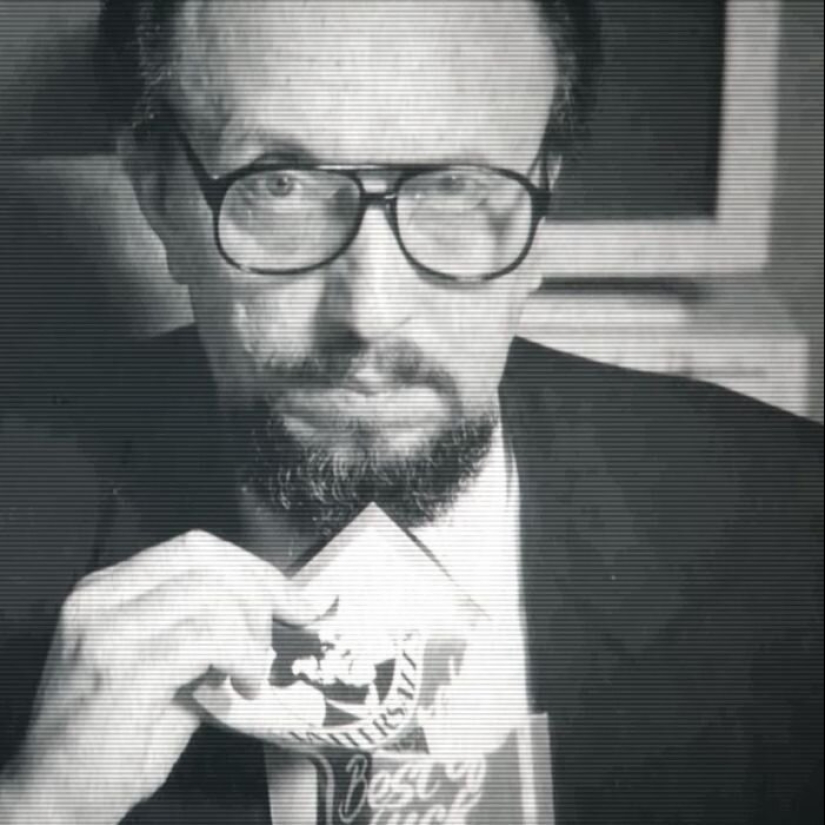
Money and a beautiful life were not even in the distant future, and Mandel understood this well. The young man did not consider a way to make money through crime. Therefore, he turned his attention to state lotteries, which many considered impossible to win. But Stefan was not going to rely on luck and buy tickets with his entire pittance salary. He turned to mathematics, which he had been passionate about since his school years.
Mandel's passion was the study of theoretical works on questions of probability. The economist was especially interested in the works of the medieval Italian scientist Leonardo Fibonacci. Based on the work of the mathematician, Stefan developed a “number selection algorithm.” He called his own method, ideal for playing lotteries, “combinatorial condensation.”
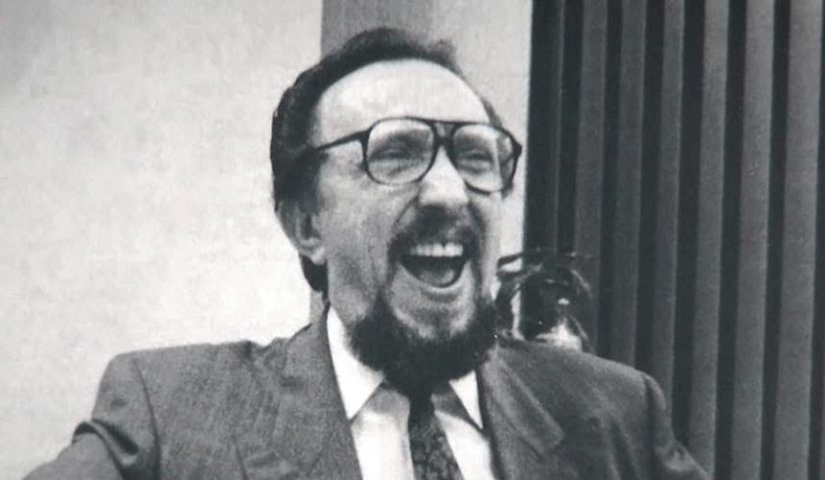
The name sounds eerily clever, but in reality it's not all that complicated. If a player chooses 6 numbers out of 49 balls, then his chances of winning are 1 in 13,983,816. When choosing 15 numbers, the chances of winning increase to 1 in 2,794. However, for this you need to buy out 5005 games so that there are enough for each combination. Mandel claimed that his method could reduce the number of batches from 5,005 to just 569.
If 6 winning numbers are among the 15 selected options, then the player can count on at least a second prize. The number of small winnings can amount to hundreds. The probability of hitting the jackpot is 1 in 10, which, you see, is not bad at all.
It is difficult for one person to check how this method works. Therefore, Stefan involved four friends, with whom they bought 228 tickets of one circulation. The first attempt was successful. Mandel won 72,783 lei, which at the exchange rate of that time was 15 thousand dollars.
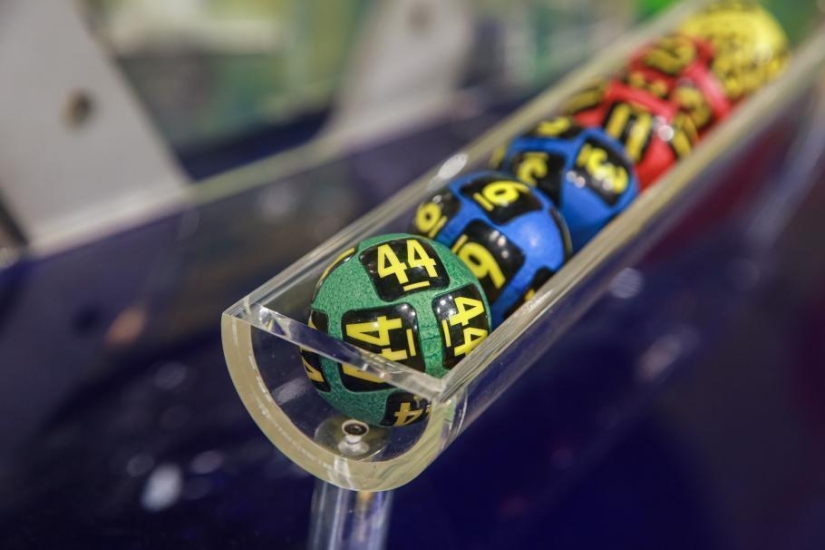
Success inspired Stefan, but he realized that in socialist Romania he would not be allowed to develop. Therefore, he paid off all his debts, and with the rest of his winnings he bribed officials and left the country. After this, Mandel spent 4 years changing European countries, looking for “his” place. Not finding anything like this in Europe, he expanded his search and finally settled in Australia.
On the Green Continent, Mandel decided to continue playing lotteries to finally become rich. The mathematician constantly improved his method and it brought Stefan not only money, but also a sense of satisfaction. The man was fascinated by the game with numbers, and in his case it was also very profitable. He found investors and created a “lottery syndicate” to more efficiently exploit his development.
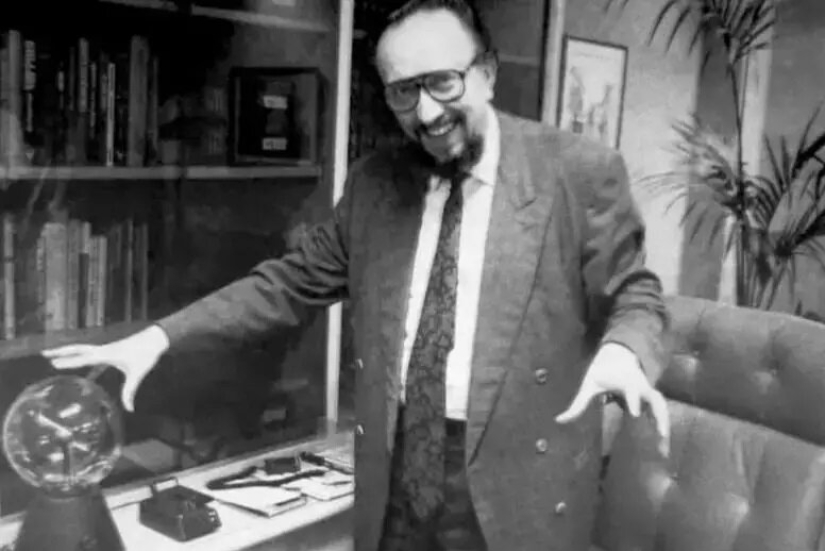
Mandel soon abandoned manual calculations and created a computer system. It automatically carried out the algorithm and produced numbers that only had to be entered into the tickets. Using "lottery syndicate" capital and automation, Stefan won 12 lotteries and received $400,000 in small prizes. And in 1986, he hit the jackpot for the first time and received $1.1 million.
In Australia, the professional lottery player has become cramped. Mandel began looking for big-winning lotteries in other countries. Soon he learned about the Virginia lottery. It was a special kind of practical joke. Players could purchase an unlimited number of tickets and print them at home. Stefan realized that this could make him rich.
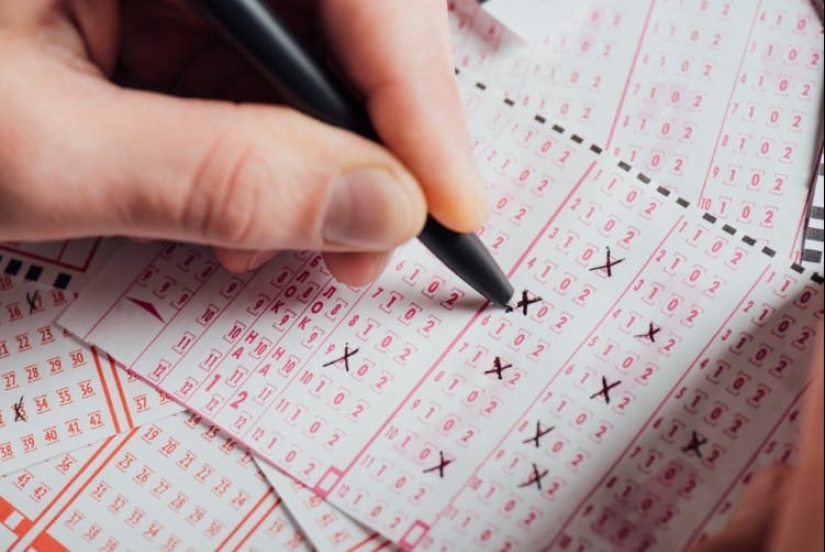
The preparation was difficult and costly. Stefan Mandel and his partners opened a fictitious company to raise capital to buy back tickets. The Lottery Syndicate purchased a batch of computers and printers to print tickets and hired employees. All the efforts paid off - the win became the largest in the history of the Virginia lottery. It amounted to $27,036,142.
Stefan Mandel became a millionaire, and on absolutely legal grounds. He did not violate anything and relied only on his own algorithm and investors’ money. But it’s never easy to part with money, especially big ones. The lottery company said Mandel cheated the system. A case was opened against the brilliant Romanian, the investigation of which involved the intelligence services of 14 countries.
These included the CIA, FBI, Inland Revenue, Australian Crime Commission and Australian Securities Commission. But they failed to prove the fact of deception and left Mandel behind. A serious uproar arose around his person and the whole world learned about the man who “broke the system.” In Australia he became almost a folk hero.
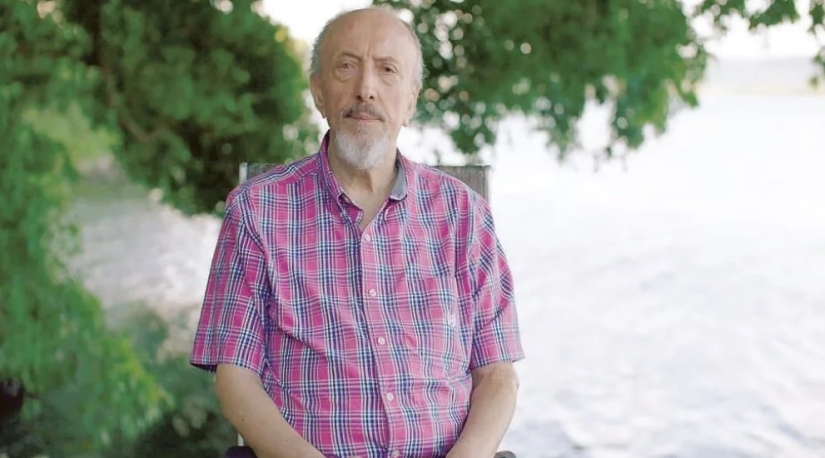
Now Stefan Mandel no longer plays the lottery. He already has enough money, just as he dreamed of in his youth. The 90-year-old “lottery menace” lives on one of the islands of Vanuatu. This heavenly place in Oceania can be considered a dream for people who dream of a comfortable and quiet life.
Stefan Mandel is not the only lottery expert. American pensioners Jerry and Marge Selby also know how to always win.
Recent articles

It's high time to admit that this whole hipster idea has gone too far. The concept has become so popular that even restaurants have ...

There is a perception that people only use 10% of their brain potential. But the heroes of our review, apparently, found a way to ...

New Year's is a time to surprise and delight loved ones not only with gifts but also with a unique presentation of the holiday ...